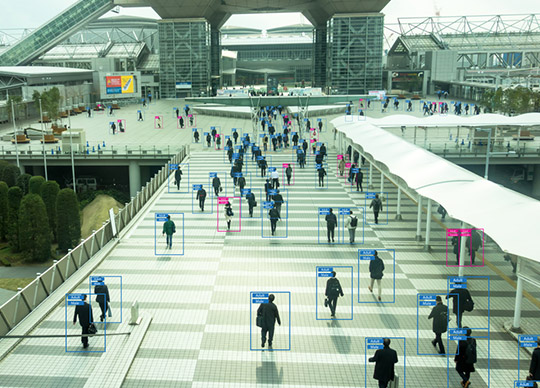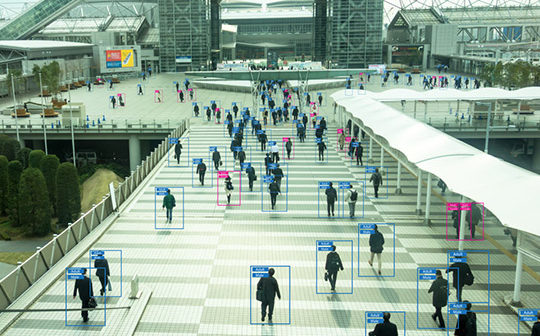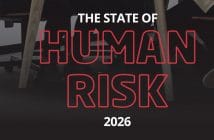
By Mikala Fanto
The Australian Human Rights Commission (AHRC) has released a report calling for a temporary ban on the use of Artificial intelligence, such as facial recognition in high-risk decisions made by the government until new laws are in place.
The AHRC gave 38 recommendations to ensure human rights are protected in the use of Artificial Intelligence.
The main recommendation from the AHRC is the “federal, state and territory governments… introduce legislation that regulates the use of facial recognition and other biometric technology.”
“The unprecedented rise in AI presents a once- in-a-generation challenge to develop and apply regulation that supports positive innovation, while addressing risks of harm.”
The report focuses on four main sections outlining recommendations informed by the Commission’s expertise.
The AHRC said its aim is to foster a deeper understanding of the human rights implications for Australia of new and emerging technologies such as AI.
The AHRC said in a report The Commission recommends that the “Digital Australia Strategy promote responsible innovation and human rights through measures including regulation, investment and education. This will help foster a firm foundation of public trust in new and emerging technologies that are used in Australia.”
The Commission said Australians should value human rights and it would be core to the government’s approach to technology.
The Commissions aim is to promote and protect human rights in Australia.
After a three-year investigation, the Australian Hunan Rights Commission believe the federal government should pause the use of AI technology in important decision making, until there are safety measures in place.
The moratorium should remain until there is adequate legislation in place to ensure human rights are protected and there is proper regulatory processes in place for the use of these technologies
The AHRC said the use of biometric technology is a concern amongst the community especially regarding facial recognition.
“Where biometric technologies are used in high-stakes decision making, such as policing, errors can increase the risk of human rights infringement and have an impact on individual privacy” the AHRC said.
“The Commission recommends law reform to provide better human rights and privacy protection regarding the development and use of these technologies, and a moratorium on the use of biometric technologies in high-risk decision making until such protections are in place.”
The report recommends there should be an Artificial Intelligence safety commissioner to help support regulators, policy makers government and business.
The AHRC said “Legislators and policy makers are under unprecedented pressure to ensure Australia has the right law and policy settings to address risks and take opportunities connected to the rise of AI.”
“The unprecedented rise in AI presents a once- in-a-generation challenge to develop and apply regulation that supports positive innovation, while addressing risks of harm. “
The AHRC said the commissioner should be separate from the government including in its structure, operations and legislative mandate.
“It should be required to have regard to the impact of the development and use of AI on vulnerable and marginalised people in Australia and draw on diverse expertise and perspectives” they said.
The report also focuses on improving the design of technology to allow accessibility for those with a disability on things such as goods, services and facilities that use Digital Communication technology.
The AHRC said “The accessibility of new technology, and especially of Digital Communication Technology, is an enabling right for people with disability because it is critical to the enjoyment of a range of other civil, political, economic, social and cultural rights”.
The Commission recommends creating a new Disability Standard and putting new government rules requiring access to goods, services, and facilities in place.
They also recommend putting in measures to improve private sector use of accessible Digital Communication Technology.





